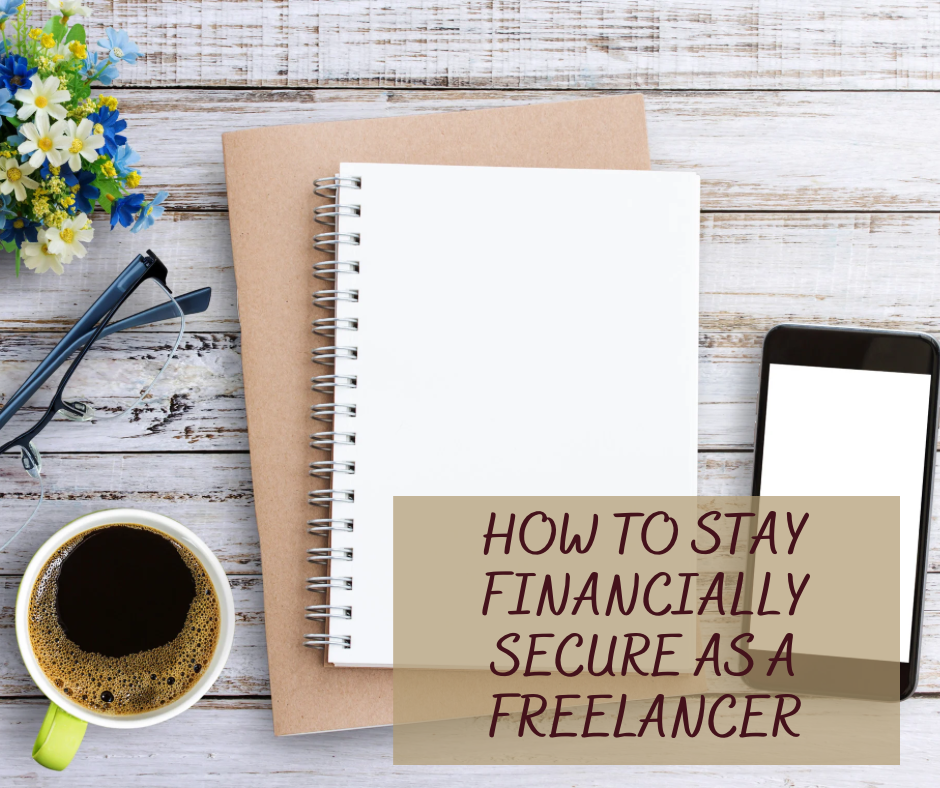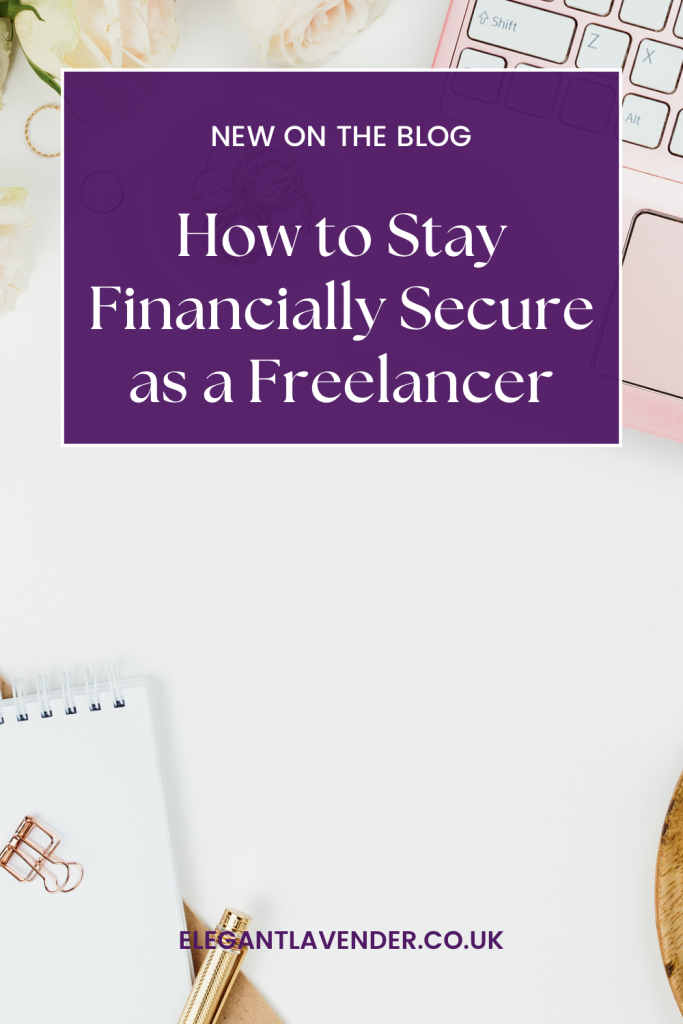
In an ever-evolving job market, more and more individuals are turning to freelancing. The allure of being your own boss, setting your own hours, and choosing your projects is undeniable. However, the journey to becoming financially secure as a freelancer can be fraught with challenges. If you’re based in the UK and wondering how to navigate these waters, this guide is for you. Let’s dive into some practical tips to ensure you stay financially secure as a freelancer.
How to Stay Financially Secure as a Freelancer
Understand Your Expenses
One of the first steps to being financially secure as a freelancer is understanding your expenses. Start by listing all your regular monthly outgoings, such as rent, utilities, groceries, and insurance. Don’t forget to account for annual expenses like car maintenance or holiday spending. Having a clear picture of your expenses will help you set realistic income goals.
Set a Budget and Stick to It
Setting a budget is crucial for managing your finances. This doesn’t mean you have to live like a monk; it simply means understanding where your money is going and making conscious decisions. Allocate funds for essentials, savings, and some fun activities. Tools like budgeting apps can be incredibly helpful in tracking your spending and ensuring you stay on course.
Build an Emergency Fund
Financial security isn’t just about having enough money to cover your expenses; it’s also about being prepared for the unexpected. Building an emergency fund should be a priority. Aim to save at least three to six months’ worth of living expenses. This fund will act as a cushion if you face a dry spell in work or unexpected expenses.
Diversify Your Income Streams
One of the best ways to stay financially secure as a freelancer is to diversify your income streams. Relying on a single source of income can be risky. Consider branching out into different areas of your expertise. For example, if you’re a graphic designer, you could offer online courses, sell design templates, or take on freelance writing gigs related to design. Diversification not only provides financial stability but also keeps your work interesting.
Set Aside Money for Taxes
In the UK, freelancers are responsible for paying their own taxes. This means you need to be diligent about setting aside money for your tax bill. A good rule of thumb is to save about 25-30% of your income for taxes. You can open a separate savings account specifically for tax money to avoid any surprises when tax season rolls around.
Invest in Professional Development
Staying financially secure as a freelancer also means investing in yourself. The job market is competitive, and skills can quickly become outdated. Allocate time and money for professional development, whether it’s through online courses, workshops, or conferences. Keeping your skills sharp will not only make you more marketable but also allow you to command higher rates for your services.
Invoice Promptly and Follow Up
Cash flow is the lifeblood of any freelancer. Make sure you invoice promptly as soon as a project is completed. Clearly state your payment terms, and don’t hesitate to follow up on overdue invoices. Using invoicing software can streamline the process and even automate reminders, saving you time and ensuring you get paid on time.
Network and Market Yourself
A strong professional network can be a significant asset. Attend industry events, join online forums, and engage with peers on social media. Building relationships can lead to new opportunities and referrals. Additionally, don’t shy away from marketing yourself. A professional website, a polished social media presence, and a portfolio showcasing your best work can make a big difference in attracting clients.
Plan for Retirement
While it might seem a long way off, planning for retirement is essential for long-term financial security. In the UK, you can set up a personal pension plan or a Self-Invested Personal Pension (SIPP). Regular contributions, even if they are small, will compound over time and provide you with a safety net in your later years.
Stay Organised and Keep Records
Good financial management is all about staying organised. Keep meticulous records of your income and expenses. This will not only make tax time easier but also help you track your financial progress. Use accounting software or hire an accountant if necessary.
Enjoy the Journey
Lastly, remember to enjoy the journey. Being a freelancer comes with its unique set of challenges, but it also offers immense rewards. Stay positive, keep learning, and adapt to changes. With the right strategies, you can enjoy a fulfilling and financially secure freelance career.
In conclusion, staying financially secure as a freelancer in the UK requires a blend of good financial habits, continuous learning, and strategic planning. By understanding your expenses, setting a budget, building an emergency fund, diversifying your income, and planning for the future, you can enjoy the freedom of freelancing without the financial stress. Happy freelancing!

[…] service, or package that addresses current market needs. Consider creating digital products or passive income streams that can generate revenue even during slow […]